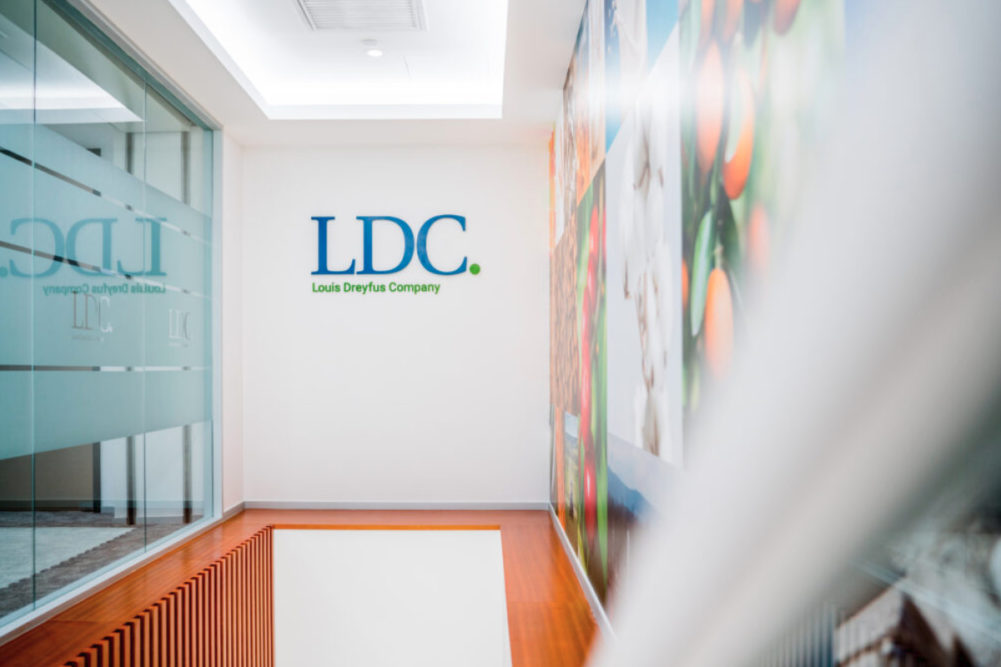BUENOS AIRES, ARGENTINA — Global agricultural merchant and processor Louis Dreyfus Company (LDC) has signed a five-year renewable power purchase agreement with Pampa Energía to supply its Timbúes agro-industrial complex in Santa Fe, Argentina, helping reduce the LDC’s indirect emissions associated with its electricity use, the company announced July 11.
In addition to the annual purchase of 39,500 megawatts/hour-year generated by the Pampa Energía III wind farm in the district of Coronel Rosales, Buenos Aires province, LDC will receive International Renewable Energy Certificates (I-RECs), an international instrument for tracking and transparently reporting the renewable origin of electricity consumed.
Starting from early 2023, over 50% of the plant’s average electricity consumption will come from renewable sources. This power purchase agreement will contribute to reducing Rotterdam, Netherlands-based LDC’s Scope 2 emissions in Argentina, these being indirect emissions associated with the electricity used by the company.
“Ensuring sustainable operations by expanding our energy matrix with renewable sources in LDC’s industrial facilities is an important part of the group’s decarbonization roadmap, led by our recently created Carbon Solutions Platform, and our commitment to help shape a net zero economy,” said Diego Pereyra, head of industry for grains and oilseeds for LDC. “This initiative builds on a range of other energy-, waste- and conservation-related actions in the country and globally, in keeping with LDC’s global approach to shaping increasingly fair and sustainable food and agricultural production.”
Building on the efforts and commitments outlined in its 2021 Sustainability Report, LDC will continue to advance toward its global decarbonization goals through collaborative projects and initiatives such as the one announced today, to drive down emissions and promote more sustainable practices within its operations and value chains. LDC’s activities span the entire value chain across a broad range of business lines, including grains and oilseeds, coffee, cotton, juice, rice, sugar, freight, carbon solutions and global markets.






